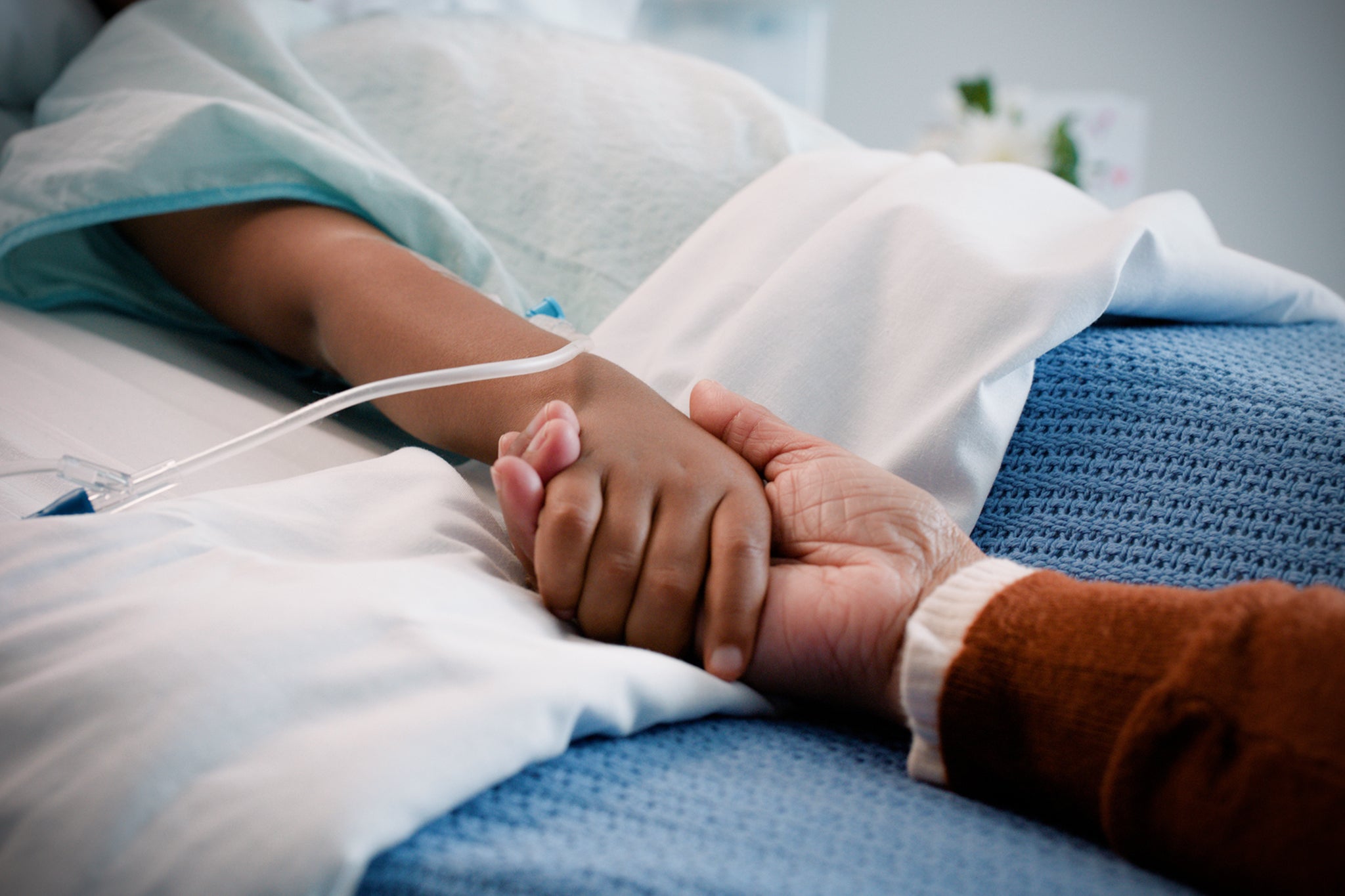
Children from deprived areas of the UK are more likely to die in intensive care than youngsters in wealthy areas, a study suggests.
There are also higher death rates among children of Asian ethnicity on these wards compared to white children, researchers said.
Experts called for urgent action from policymakers and health leaders in light of the findings, which they described as “deeply troubling”.
For the study, researchers from Imperial College London, University of Leicester, UCL and University of Leeds analysed 245,099 admissions for 163,163 children to UK paediatric intensive care units (PICUs) between January 2008 and December 2021.
Researchers found death rates were 4.2 per cent among the most deprived children at 2,432 deaths per 58,110 admissions, compared to 3.1 per cent among wealthy children with 1,025 deaths per 33,331 admissions.
According to the study, youngsters living in the poorest areas had 13 per cent higher odds of dying compared to those living in the least deprived areas.

Researchers also found 5.1 per cent of Asian children admitted to PICU died – 1,336 deaths per 26,022 admissions – compared to 3.2 per cent of white children, with 4,960 deaths per 154,041 admissions.
Dr Hannah Mitchell, of the department of surgery and cancer at Imperial College London, said: “Paediatric intensive care offers the highest level of support for the sickest children.
“Our findings show that inequalities persist even at this stage of care and are deeply troubling.
“These are not just statistics – they represent real, preventable differences in outcomes for critically ill children.”
Elsewhere, the study found both deprived children and those of Asian ethnicity were more likely to be severely unwell when admitted to PICU compared to wealthier and white children.
Youngsters from ethnic minority backgrounds also had longer stays in PICU – 66 hours on average – while white children averaged 52 hours.

Dr Mitchell added: “Our findings are especially alarming in the context of rising levels of child poverty in the UK, where 4.5 million children are now growing up in poverty (31 per cent of all children), 800,000 more children compared to 2013 (27 per cent of all children).
“These findings should prompt urgent action from policymakers and healthcare leaders.”
Dr Mitchell said the study, published in The Lancet Child and Adolescent Health, “adds clear, national-scale evidence of disparities in intensive care.
“Reducing avoidable deaths in children must include serious, sustained action to reduce child poverty, improve access to healthcare, and address the structural barriers faced by marginalised communities,” she added.
Reacting to the study, Professor Habib Naqvi, chief executive of the NHS Race and Health Observatory, said: “These sobering findings are shocking and unacceptable.
“Your ethnicity, background or where you live should not determine your chances of survival.
“We need immediate and collective action to address the issues outlined in this study, and in many other studies that show the impact structural inequalities and bias have on healthcare access, experience, and outcomes.
“Not tackling these issues is leading to avoidable harm to countless patients, families, and communities.”







